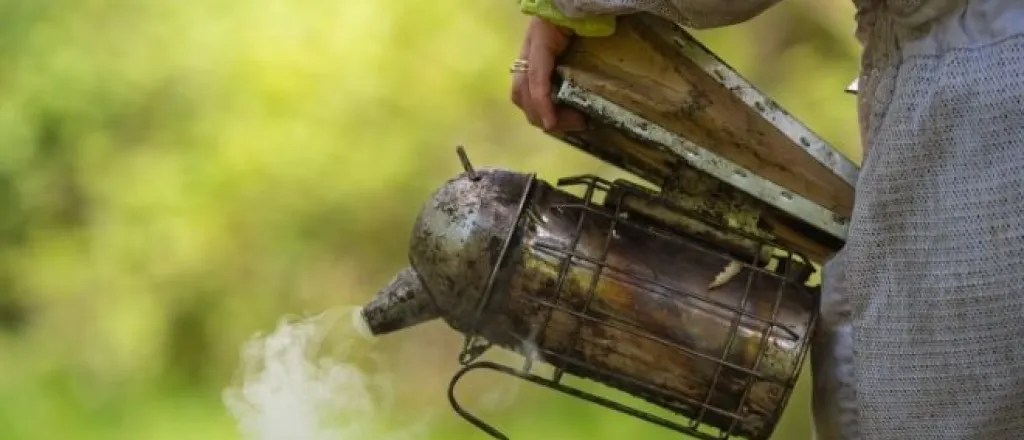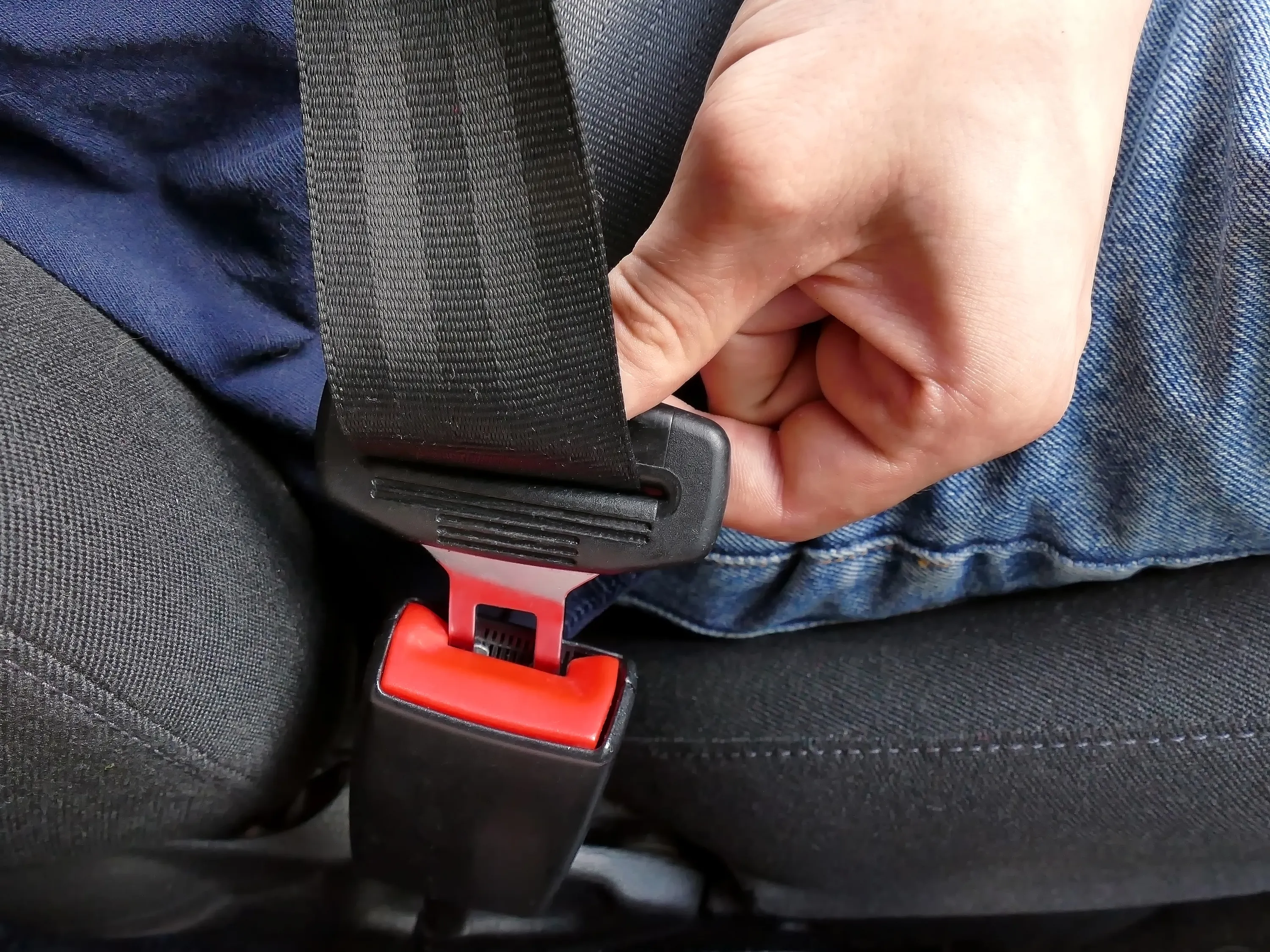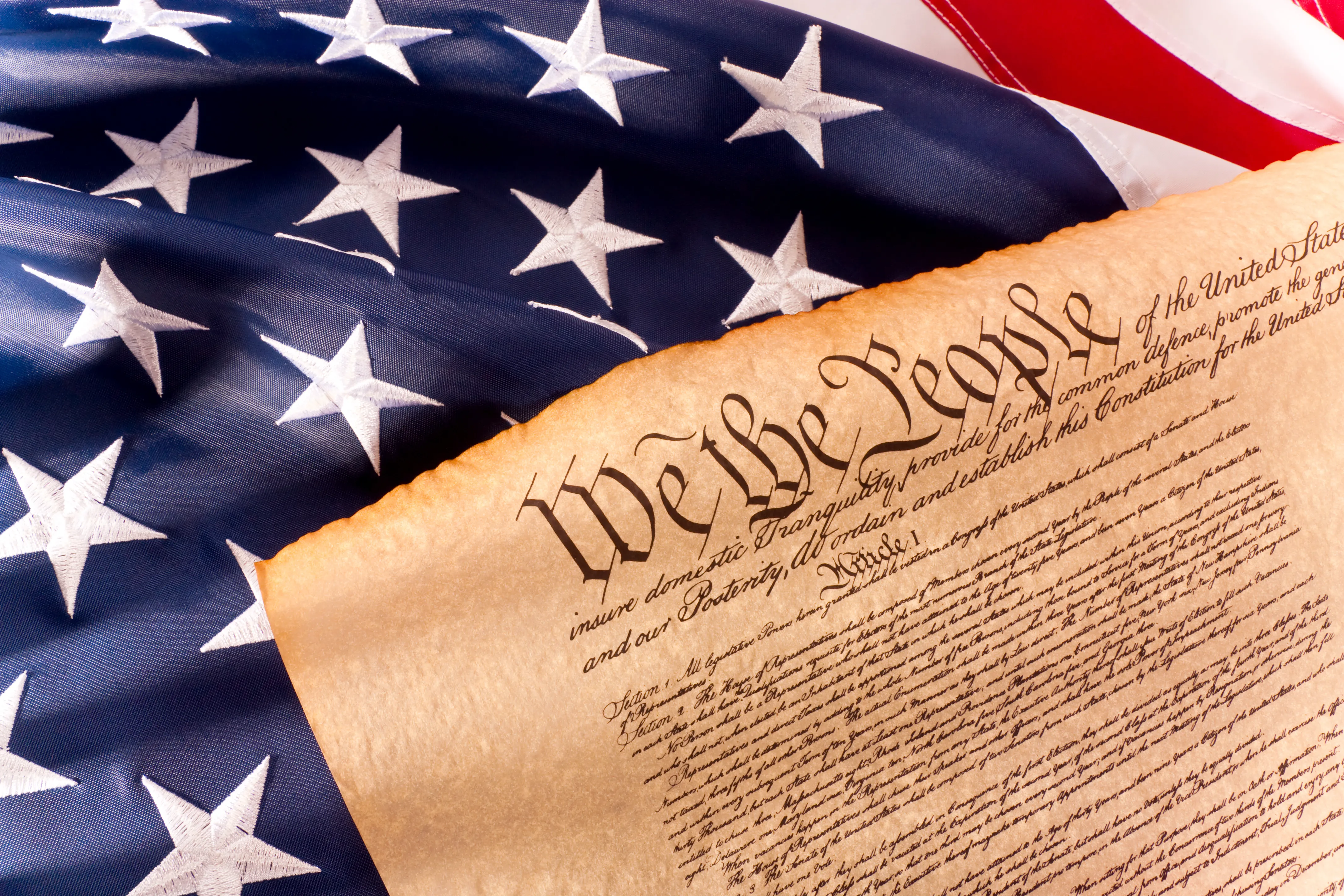
Most important equipment for beginner beekeepers
As with any business or hobby, your first few weeks as a beekeeper require a fair amount of research. You want to make sure you have the right information, tools, and resources available to give your first hives a successful start. A huge part of this is purchasing the right equipment. You don’t want to find yourself with a cheap hive or ineffective protective gear. The wrong equipment—or a lack of the right equipment—makes building, inspecting, and maintaining your hives far more complicated than it should be. Start your apiary off on the right foot by stocking your tool shed with the most important equipment for beginner beekeepers.
Bee smoker
Beekeepers use smoke to keep the colony calm as they approach and inspect the hive. Smoke covers the bees’ alarm pheromones, preventing guard bees from stirring up a horde of agitated bees upon your arrival. When your bees are calm, you can work through the hive with less fear of hurting your bees—or your bees hurting you. Make sure you buy a quality smoker and learn how to use it properly so that you can smoke your hives safely as you perform hive inspections.
Beekeeping suit or jacket
Even experienced beekeepers deal with the occasional bee sting. That’s why you should invest in protective gear like a beekeeping suit or jacket. Some beekeepers grow comfortable in nothing but a hat and veil, while others work well in full outfits. How much gear you wear depends on your personal comfort level. Just make sure you have the dexterity to handle your hives safely while also feeling at ease among your honey bees.
Protective accessories
In addition to a suit or jacket, some of the most important equipment for beginner beekeepers is your protective accessories. Gloves can be handy when protecting your fingers from stings, but be sure to purchase a flexible pair that allows you to work in the hive without dropping frames or fumbling with other equipment. Even more indispensable are the hat and veil. Even if you go without other protective gear, you should always wear a hat and veil to protect your eyes, nose, and mouth from bee stings. Finally, choose a comfortable and sturdy pair of boots. Try to find long boots and gloves that prevent bees from crawling under your pant cuffs or up your sleeves.















